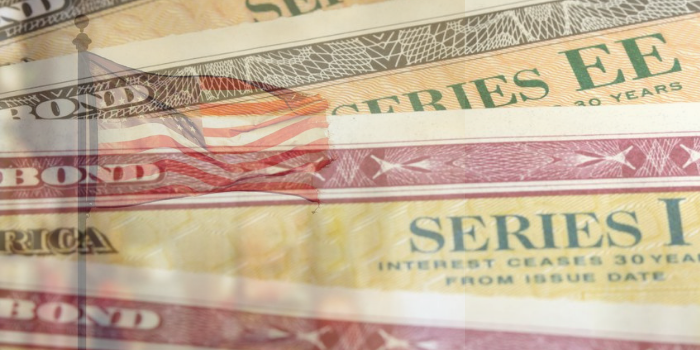
U.S. Debt Sells... But Who’s Buying?
President Trump’s administration is embarking on a record sale of U.S. Treasury securities to fund tax cuts and spending increases.
But foreign investors are not buying.
Upon the passing of the GOP tax reform bill, everyone in the nation understood the potential risks. When you mix tax cuts with increased spending, eventually someone’s got to foot the bill.
Considering U.S. dollar reserve status, it made for a good assumption that despite the increasing size of its national debt, the U.S. is still the most economically powerful nation in the world, making U.S. debt securities the safest and most attractive assets for overseas investment.
A solid theory, but in all matters practical, it doesn’t seem to be playing out that way.
Over the last year, China and Japan--our top treasury holders--have significantly reduced their U.S. treasury bond exposures. They’ve shrunk their portfolios.
According to Treasury Department data, it appears that other overseas investors have done the same, or they’ve simply passed up opportunities to buy U.S. debt securities.
This comes at a bad time as bond issuance (minus maturing debt) is set to reach a record level of $83 billion. A steady and massive supply of U.S. debt is making its way toward the markets.
Yet if last October’s auction is of any indication for future--it was met by the weakest international participation rates in a decade--demand is projected to dwindle even more.
As Deutsche Bank’s chief economist, Torsten Slok states, “We do worry about where demand for Treasuries is going to come from, given the ongoing significant increase in supply.”
In short, the supply for newly issued U.S. debt is increasing significantly; while decreasing on an equally significant scale is the foreign demand for U.S. debt.
This week, the Treasury plans to auction around $129 billion worth of 2- to 7-year notes. We wonder how that will play out considering that the U.S. Treasury market has boomed in size while foreign participation--50% in 2013--has decreased to about 40% last September
Among the foreign investors who are opting not to participate are the biggest players, namely, central banks and private funds. The truth is that their participation has been steadily decreasing not suddenly but for years.
What Might Slackening Demand for Treasuries Mean for the U.S.?
The government has to pay for its tax cuts while maintaining or increasing spending. And with foreign investors turning down U.S. debt securities, this slackening poses a serious threat to the U.S. economy.
The only thing that government can do to make Treasuries more attractive to foreign buyers is to increase the rate of interest it pays out.
Of course, this comes with a few negative consequences:
It raises the U.S. budget deficit to even higher extremes.
It pushes lending rates for consumers and businesses even higher.
It can even derail the current U.S. expansion, the second-largest in history.
With equities facing a potential bear, with the economy facing a looming recession, and with fixed income debt securities poised for steady but relatively low growth, it looks like it’s time for both a growth and hedging play in the form of gold and silver in your portfolio.










